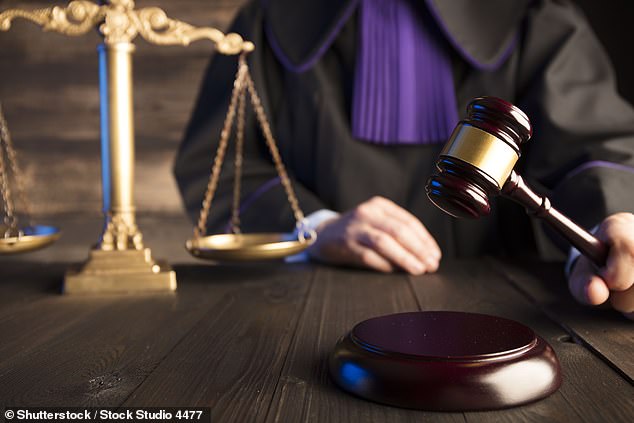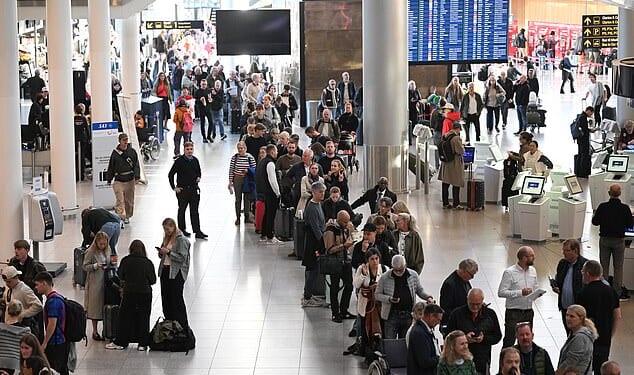Two thirds of Britons believe judges and the justice system have become too political, a poll reveals.
A survey of 3,000 over-16s found 67 per cent of people agreed that the criminal justice system had become over-politicised.
Meanwhile, amid widespread concerns over ‘activist judges’, 62 per cent said judges ‘sometimes make decisions on the basis of their personal political opinions’.
Seven out of ten say the criminal justice system is more concerned about the rights of criminals than the rights of victims, data from polling and strategy company Merlin Strategy found.
‘The public overwhelmingly think that UK judges and the criminal justice system are too politicised,’ said head of research Julian Gallie.
‘There is also widespread concern that the system currently protects the rights of criminals over the rights of victims. This is a problem for not just trust in the criminal justice system, but in our social contract as a whole.
‘These findings indicate worrying levels of dissatisfaction among the public.’
Tory justice spokesman Robert Jenrick said: ‘Judicial activism is destroying confidence in the criminal justice system.

Two thirds of Britons believe judges and the justice system have become too political, a poll reveals
‘The public are fed up of seeing judges making political statements or stretching the law to suit their world view.
‘It has to end. If judges want to be politicians they should step down. If not, they should be removed. These results should alarm Keir Starmer and the Justice Secretary, Shabana Mahmood. Their strategy of trying to silence legitimate criticism of judges isn’t working.
‘They need to tackle the source of the problem and fast, because confidence in our criminal justice system is now on the line.’
Immigration courts and the quality of judges’ work in them are a particular area of concern.
In April, senior judges criticised a first-tier immigration tribunal over a ruling in favour of illegal migrant Muhammad Arshad, 43.
A junior court tribunal decided that the Pakistani national should be allowed to remain in Britain on human rights grounds.
But the Court of Appeal said the tribunal had given a ‘euphemistic and inadequate account’ of his circumstances.
He’d been in this country illegally since 2009 and used a stolen passport.












